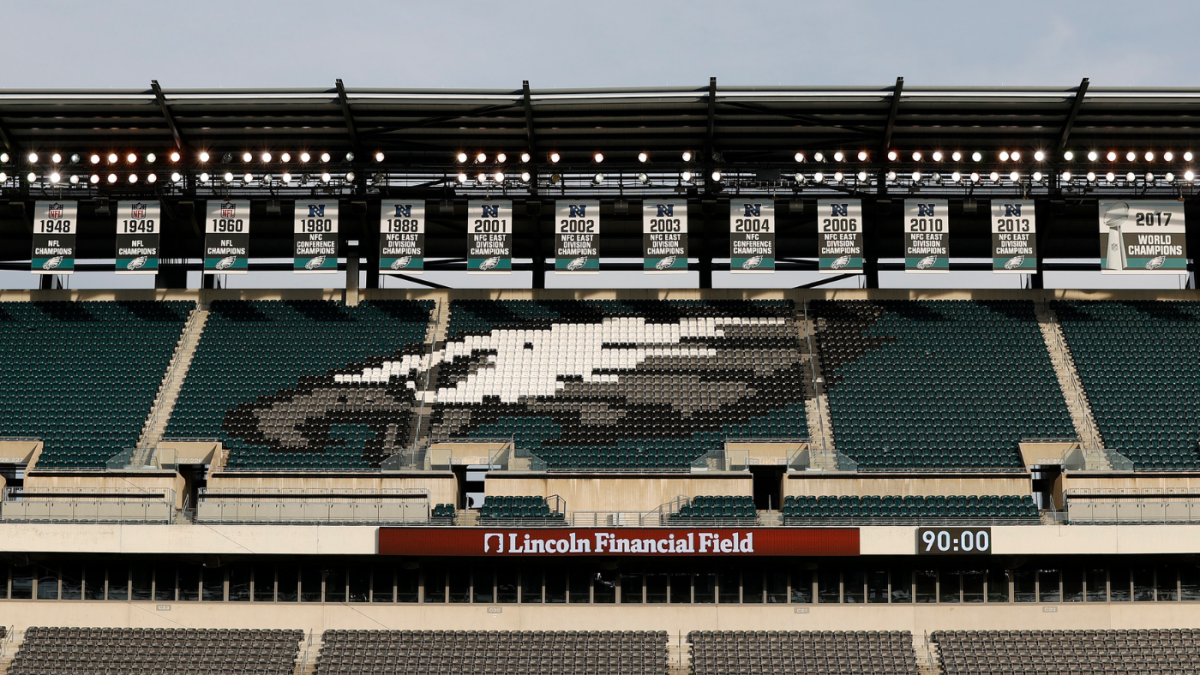The Rising Rivalry: Michael Vick and DeSean Jackson’s Transformative Journey into HBCU Football
Transitioning from NFL Icons to Collegiate Trailblazers
Michael Vick and DeSean Jackson’s leap from celebrated Philadelphia Eagles teammates to head coaches at HBCUs marks a striking evolution in sports culture. This transition is more than a career pivot; it’s a reinvention of purpose, blending their star power with a mission to revitalize historically underrepresented football programs. Entrusted with leadership roles at Norfolk State University and Delaware State University, they embody a new wave of former professional athletes using experience and visibility to uplift their alma maters and champion the significance of HBCU football within the broader collegiate landscape.
Their move into Division I head coaching underscores an emerging narrative in athletics: that greatness on the field can serve as a foundation for inspiring and guiding the next generation. Both faced the challenge of inheriting programs struggling in the competitive MEAC, where success is elusive yet essential for program stability and growth. Beyond strategy and gameplay, Vick and Jackson aim to reignite pride, enhance recruitment, and shift perceptions surrounding HBCU football—a task imbued with both symbolic and pragmatic weight.
Lincoln Financial Field: More Than Just a Venue
Choosing Lincoln Financial Field as the battleground for their first head-to-head contest on October 30, 2025, adds layers of significance. This is the very arena where Vick and Jackson crafted their NFL legacies, now repurposed as a stage for their budding chapters as collegiate mentors and leaders. This venue choice weaves together personal history and institutional ambition, simultaneously honoring their past and spotlighting the future of HBCU football.
This move elevates the event far beyond a typical MEAC matchup, transforming it into a spectacle that commands media attention, fan engagement, and institutional pride. By hosting this game in an NFL stadium, Norfolk State and Delaware State position themselves within the mainstream sporting consciousness, signaling a shift toward greater recognition of HBCU athletic programs. The participation and endorsement from Philadelphia Eagles officials amplify this momentum, as the event is poised to become a marquee annual celebration within the MEAC.
Championing Visibility and Cultural Impact
The rising interest in leveraging former NFL stars at the helm of HBCU programs reflects a strategic effort to nurture talent and attract essential resources. Vick and Jackson’s coaching roles transcend traditional expectations, functioning as bridges between professional excellence and collegiate advancement. Their shared intent to harness personal networks and cultivate a sustainable foundation for their teams challenges the narrative that HBCUs are on the periphery of collegiate football prestige.
This game, therefore, symbolizes a broader cultural shift wherein HBCU football is increasingly viewed as a legitimate incubator of athletic and leadership potential. Their involvement inspires optimism that these institutions can not only compete but reshape the contours of the sport itself. This nevertheless comes paired with the responsibility to demonstrate real progress on the field and within the community, a balance that both coaches appear determined to maintain.
Navigating Challenges: Pressure and Promise
The uphill task facing Vick and Jackson is undeniable: reviving programs that have consistently struggled within their conference demands more than celebrity allure. Success hinges on forging disciplined, innovative teams capable of competing and succeeding against established rivals. Recruiting effectively, securing funding, and fostering a resilient team culture require strategic vision combined with hands-on leadership.
Yet, embedded within these challenges are unparalleled opportunities. Their status attracts attention that can translate into increased recruitment appeal, media presence, and financial investment. Beyond tangible wins, their roles emphasize mentorship and community engagement—nurturing young athletes’ development on and off the field. Success here sets a template for other former professionals considering similar transitions and potentially triggers a ripple effect in HBCU sports revitalization.
A Defining Moment in HBCU Football’s Evolution
The October 30 showdown between Norfolk State and Delaware State at Lincoln Financial Field resonates far beyond the scoreboard. It encapsulates the fusion of past NFL distinction with future-focused collegiate leadership, signaling a shift in how HBCU football is positioned and perceived nationally. Vick and Jackson embody the potential for athletic excellence to translate into transformative institutional impact, reinforcing the vital role of HBCUs in America’s sporting and social tapestry.
This encounter has the potential to recalibrate enthusiasm, marshal new supporters, and reframe the MEAC’s profile in the eyes of fans and media alike. Ultimately, it is a testament to how leadership, resilience, and vision can redefine traditional narratives, forging new paths for athletes, coaches, and programs within HBCU football. Their journey not only honors their legacies but also illuminates a future ripe with promise for generations to come.











